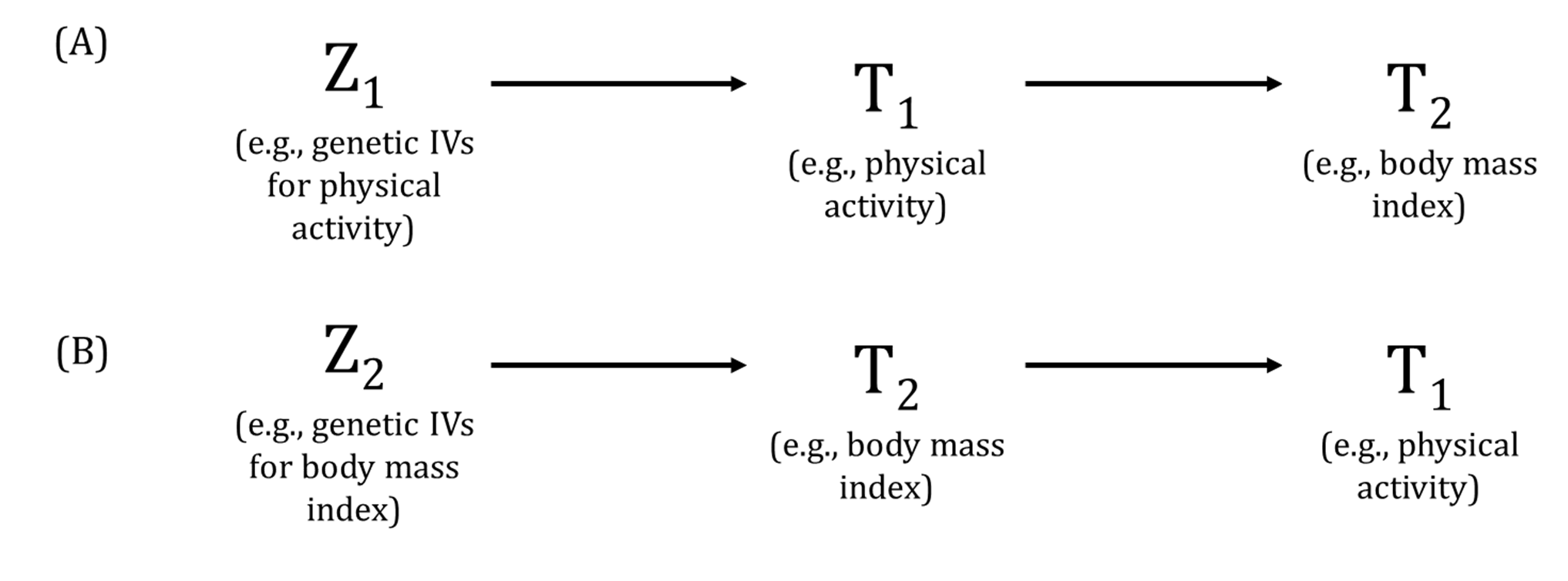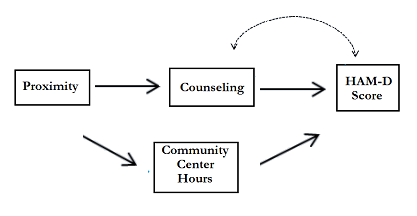

Epistemological-How do we discover when causality isįour distinct approaches to causality, summarized in Table 49, provideĪnswers to these and other questions about causality.Metaphysical or ontological-What is causality?.Psychological and linguistic-What do we mean by causality when.Three types of intellectual questions typically arise in philosophical discussions

The bottom line-how can this information make us better researchers? Some technical issues will be discussed, but the goal will always be to ask about User-friendly synopsis of philosophical and statistical musings about causation. Small compared to the investment required. The net payoff from forays into philosophy or statistics sometimes seems knowledge of probability theory) that is not easily Scientists because it requires technical skills (e.g.

The philosophical and statistical thickets is a daunting enterprise for social

Philosophers and statisticians know something about causality, but entering into Knowing more about causality can be useful to social science Predictions about the future, and make it possible to take actions to affect theįuture. Not surprisingly, we are inveterate searchers after causes.Īlmost no one goes through a day without uttering sentences of the form X caused To them, to make realistic predictions about what will happen, and to affect what Humans depend upon causation all the time to explain what has happened Keywords: causation, causal inference, INUS model, counterfactual, statistics It ends with a discussion of the limitations of the recipe and how far it goes toward solving the epistemological and ontological problems. It pays attention on a counterfactual definition, mostly amounting to a recipe that is now widely used in statistics. Moreover, the article gives a review of four approaches of what causality might be. Three basic questions about causality are then addressed. A counterfactual is a statement, typically in the subjunctive mood, in which a false or ‘counter to fact’ premise is followed by some assertion about what would have happened if the premise were true. The four approaches to causality include neo-Humean regularity, counterfactual, manipulation and mechanisms, and capacities. It specifically presents a user-friendly synopsis of philosophical and statistical musings about causation. This article provides an overview of causal thinking by characterizing four approaches to causal inference. Situation: The Independence of Assignment and Outcomeĩ.5 Getting around Identicality (Unit Homogeneity)ĩ.6 Multiplying the Number of Units and the 3 Exploring Three Basic Questions About Causalityģ.1 Psychological and Linguistic AnalysisĤ The Humean and Neo-Humean Approach to CausationĤ.1 Lawlike Generalities and the Humean Regularityĥ.1 Lewis’s Counterfactual Approach to Causationĥ.2 The Virtues of the Counterfactual Definition ofĥ.3 Controlled Experiments and Closest Possibleħ Pre-emption and the Mechanism Approach toħ.2 Mechanisms, Capacities, and the PairingĨ.2 Causal Inference with Experimental andĩ Going beyond the Neyman–Rubin– Holland Conditionsĩ.1 The Neyman–Rubin–Holland (NRH) Theoryĩ.2 Ontological Definition of Causal Effect Basedĩ.3 Finding a Substitute for the Counterfactual


 0 kommentar(er)
0 kommentar(er)
